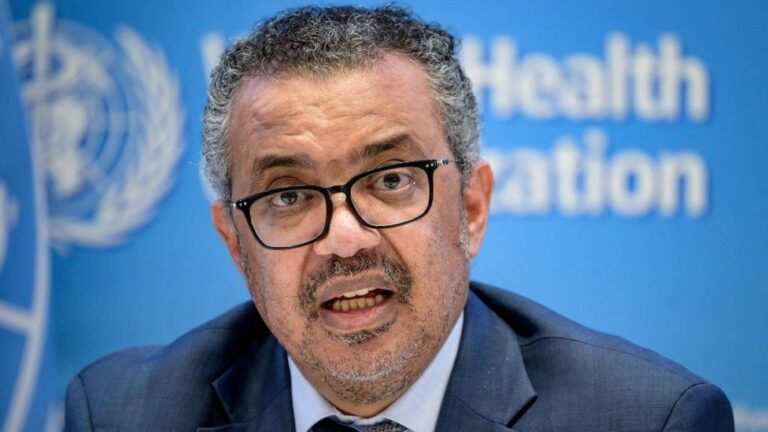The World Health Organisation (WHO) has alleged four dangerous cough syrups that were produced in India that have so far killed no fewer than sixty-six people.
OsunDaily News reports that the United Nations agency which is responsible for international public health raised an alarm as reported by the BBC, that the said syrups have killed scores of children in The Gambia.
It listed the syrups as Promethazine Oral Solution, Kofexmalin Baby Cough Syrup, Makoff Baby Cough Syrup and Magrip N Cold Syrup, stating that the products were manufactured by an Indian company, Maiden Pharmaceuticals.
According to the WHO, the company has failed to provide guarantees about the safety of patients who used the drugs, noting that its findings revealed that the syrups have been potentially linked with acute kidney injuries.
However, when contacted to dig deep into the allegation, Maiden Pharmaceuticals told reporters that the claims were not true, it demanded that the WHO should provide clear evidence of the link between the syrups and the deaths recorded in The Gambia.
Meanwhile, the WHO had maintained in its claims that the four products had been identified in The Gambia, but may have been distributed, through informal markets, to other countries or regions.
The WHO also in a publication on its website warned that the continuous use of the syrups may result in serious injury or death, especially among children.
OsunDaily News understands that the WHO’s intervention came after medical authorities in The Gambia – a popular tourist destination – detected an increase in cases of acute kidney injury among children under the age of five in late July.
The Gambia’s government has since suspended the use of all paracetamol syrups and has urged people to use tablets instead.
Gambia health services director, Mustapha Bittay, who spoke during an interview with BBC’s Focus on Africa programme, said the number of deaths has declined since the ban by the government, but noted that two more have been recorded in the past two weeks.
He said that The Gambia did not currently have a laboratory capable of testing whether medicines were safe and so they had to be sent abroad for checking. Mr Bittay added that The Gambia was in discussions with the World Bank to get funding for a quality-control laboratory.
This article was originally published on OsunDaily News


